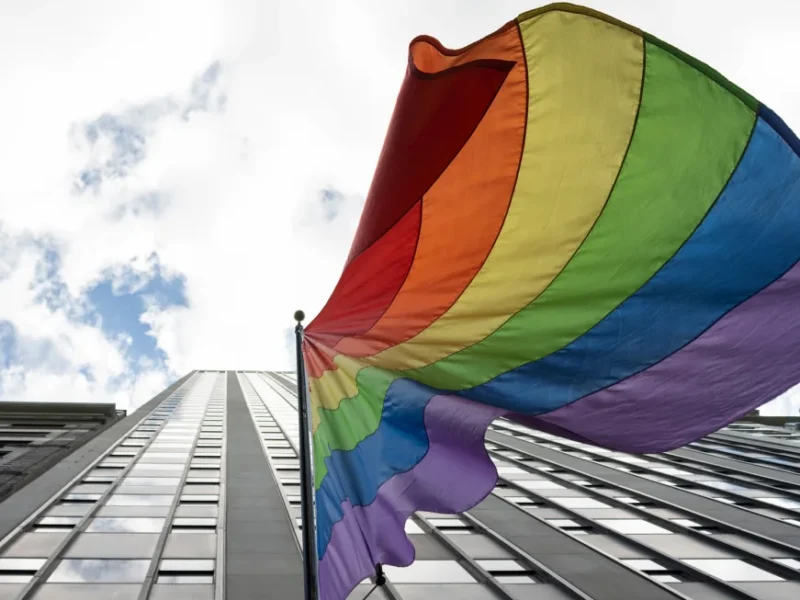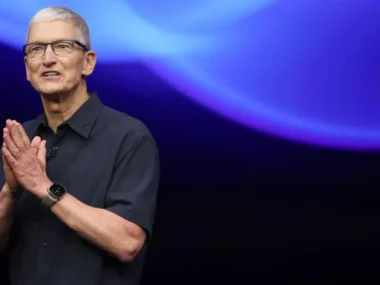We naturally tend to be wary whenever a major corporation presents itself as something beyond what it really is: a business primarily interested in our money.
Consider this: many of us cringed when Kendall Jenner seemingly solved societal tensions by handing a police officer a Pepsi in a commercial. Similarly, we’ve criticized hollow gestures during Pride Month as mere “rainbow capitalism,” sparking a wave of memes poking fun at companies’ insincere partnerships.
However, the greater problem arises when companies abandon their diversity efforts entirely. Recently, several high-profile brands—such as Lowe’s, Ford, John Deere, Harley-Davidson, and Tractor Supply—have announced cutbacks in their Diversity, Equity, and Inclusion (DEI) initiatives. Molson Coors, a long-time supporter of Pride events and LGBTQ+ organizations, also joined this trend.
In a memo, Molson Coors’ CEO outlined the company’s “next steps” toward a “broader view” of its culture, moving away from certain DEI initiatives. This includes dropping a well-regarded LGBTQ+ equality metric from the Human Rights Campaign, which has been a target of far-right criticism. Although the company stressed that its commitment to employees and customers remains unchanged, the timing suggests it could be reacting to the same pressures other brands have faced amid growing opposition to DEI efforts.
After the memo was leaked, Robby Starbuck, a known anti-DEI figure, claimed credit, suggesting that his threats to expose the company’s “woke policies” influenced their decision. Starbuck has been instrumental in driving similar reversals at companies like Harley-Davidson, Tractor Supply, and John Deere.
The backlash against DEI has been building since around the summer of 2020, following George Floyd’s death and the subsequent national discussions on racism. Critics from the far right have likened DEI to corporate affirmative action, and the movement gained further traction after Bud Light faced a boycott for collaborating with a trans influencer, a controversy that contributed to its fall from the top spot in the U.S. beer market.
Cait Lamberton, a marketing professor at the Wharton School, suggests that companies are still engaging in activism, whether by supporting or retreating from DEI efforts. Marketing experts argue that backing down on such initiatives can damage a brand’s image. Tom Sebok from The New England Consulting Group warns that a CEO’s perceived inconsistency can erode investor confidence.
However, the move away from DEI might be more about rebranding than an actual policy change. Molson Coors continues to use inclusive language, emphasizing its commitment to fostering a workplace where all employees feel welcome. As Sebok points out, this broader, inclusive messaging could easily have been the foundation for their original DEI initiatives.











